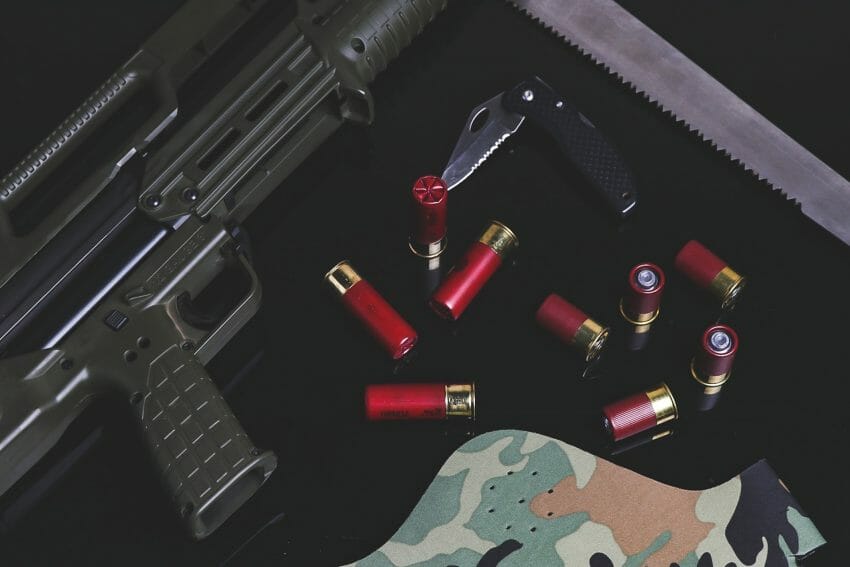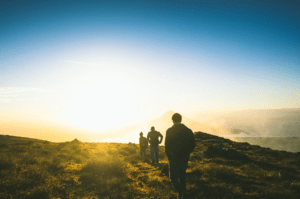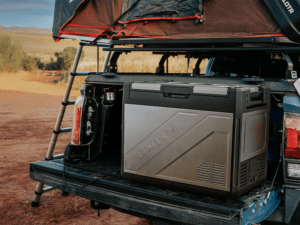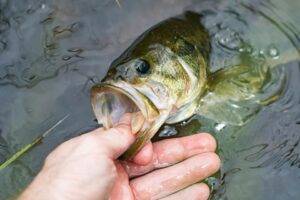

If the idea of being out there in the wild excites you, learning survival strategies should be a part of your wishlist. Even the most seasoned hunters and campers can get into a dangerous situation, and having a survival plan can save you from a lot of trouble. It makes you more confident every time you step outdoors, and you can even have some wise words for newbies with your experience.
Prepping up your survival skills is even more crucial when you are just starting with the outdoor experiences. While staying safe outdoors hinges greatly on sharp instincts and alertness, there is much more you can do to get through unexpected and challenging situations. Here is an outdoor survival guide that can help beginners to stay safe in the wilderness.
Have the right attitude
Attitude matters the most for outdoor lovers because it helps you stay level-headed even in the most dangerous situations. While seasoned hunters have the right attitude, beginners need to cultivate it and the best time to do it is when you are in danger. A positive, proactive approach can get you out of trouble and prepare you as a sharp hunter.
When you are in a tight spot, think of the resources you have and develop a realistic plan. While you should aim to find your way back, staying safe should be your top priority. Identify the vital aspects of survival, such as food, warmth, and shelter, and get them in place till help arrives. Be determined because only the right mindset differentiates a survivor from a non-survivor.
Learn the outdoor basics
Apart from the right attitude, knowledge, and awareness take you a long way when things get dangerous in the wild. Even theoretical knowledge can help, so research as much as you can before your first trip in the wild and do it every time you step out again. Understand the basics of maps and GPS devices, as they can help you find your way back in an unknown area.
Similarly, you have better chances of survival if you know the basics of putting up a makeshift shelter and igniting fire when trapped in the middle of nowhere. While reading survival guides can help, you can get valuable insights by talking to experienced hunters and hikers. They can have some great ideas and encouraging thoughts to boost your morale.
Never step out without the right gear
As a rule of thumb, you must never step out in the wild without proper preparation. Everything boils down to having the right gear. You can imagine the value of a firearm when lost alone in a dangerous forest. Make sure that you also have enough shotgun ammo at all times because it can make the difference between life and death outdoors. While carrying a gun and ammunition can help, you must also know how to use them.
Apart from your weapons, you must always carry a backpack with basic survival supplies. These include water, snacks, a first-aid kit, maps, compass, and matchboxes. The chances of losing your way are more when you are a newbie, so you need to be extra conscious about the essentials.
Master the signaling skills
Another survival technique that all beginners need to know is signaling. You can use signals like fire, whistles, flashing lights, mirrors, bright color markers, and flags to find help in the wild. Hunting solo is the last thing you should do as a first-timer. Always travel with a group and have a guide and some seasoned hunters around to be extra safe.
These signals can help you connect with your group and attract the attention of other hunters around. Discuss the signals with your guide and practice them before you are out in the wild. Watching survival videos and reading tips can also help you come up with unique signaling strategies in such situations.
Understand the hazards
The wilderness is full of hazards, from wild animals to poisonous insects, dangerous plants, and even lurking enemies. You need to understand the hazards and have a plan to tackle them if a need arises. Fire can keep you safe from wild animals, while you will also feel more confident if you have a gun. It is best to find shelter at a height, probably by climbing a tree, because it keeps reasonably you safe from wild animals and venomous insects.
Never try eating wild fruit or berries, no matter how attractive and safe it appears. Most wild fruits and berries are poisonous. Ration your snacks and water wisely if you have them because they are your safest bet. Hypothermia is another threat that you may face when trapped outdoors in the cold weather. Try finding a covered shelter and lighting a fire till someone comes to the rescue.
Never panic in the face of danger
No matter how difficult things get, never panic in the face of danger because it will make things only worse. A cool and level head is far better at coping with the perils of the wild. You may be in the safest spot even when lost, and fear can still land you in trouble. Everything boils down to taking the right decisions when things seem out of control.
Wait for help but make sure that you do everything possible to stay safe. If you need to use your firearm, assess the situation before you fire. At times, people panic and shoot someone who is there to help. But you also need to be agile and alert if you fear an attack from a wild animal. Pay attention to everything around you because snakes and spiders are as life-threatening as larger animals.
A survival situation is testing for a new hunter, but you can get through with the right mindset and attitude. Staying safe should be your first priority, so it is best to have people around. Still, you should be physically and mentally prepared for dangerous circumstances because even the most experienced hunters and campers can lose their way.








